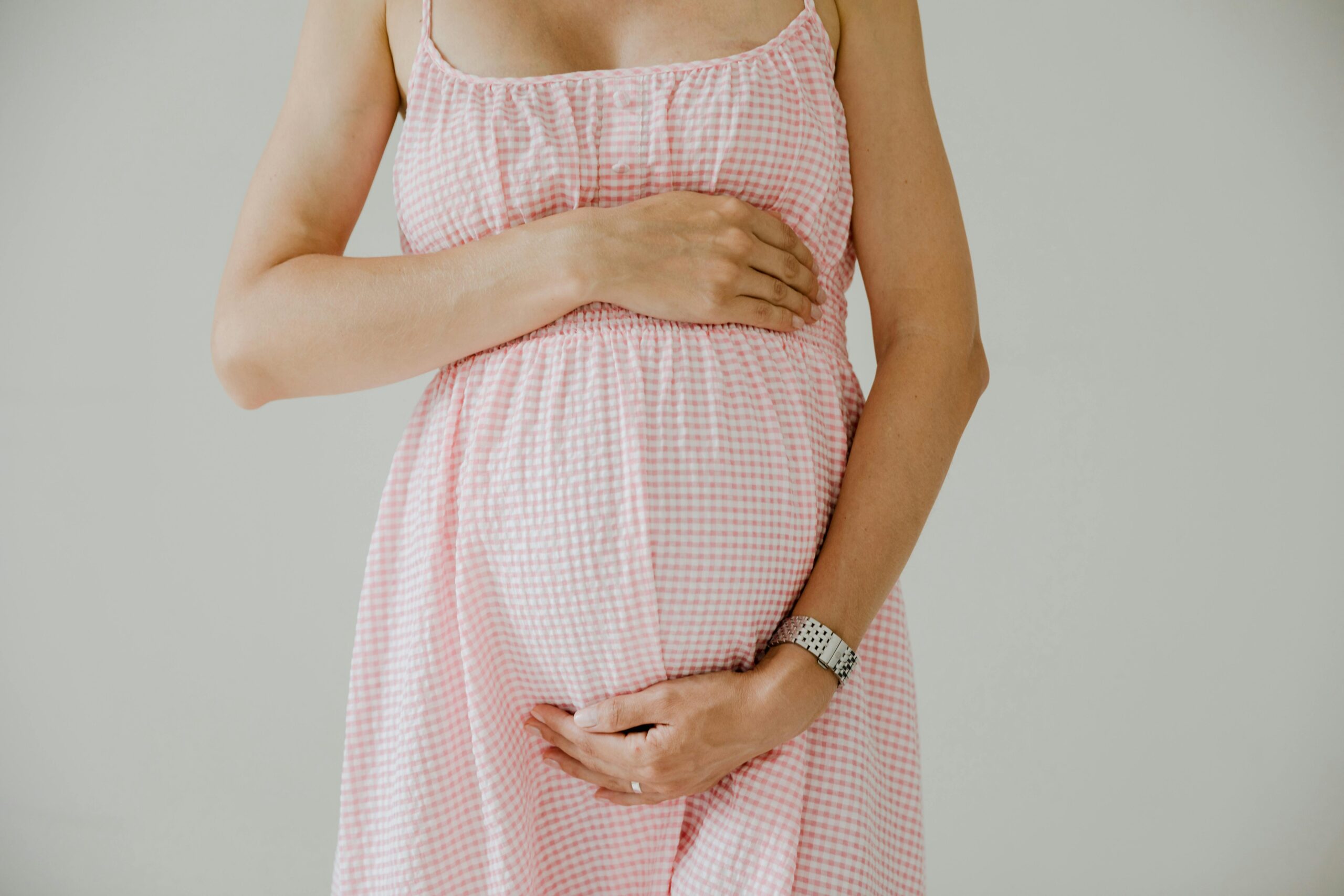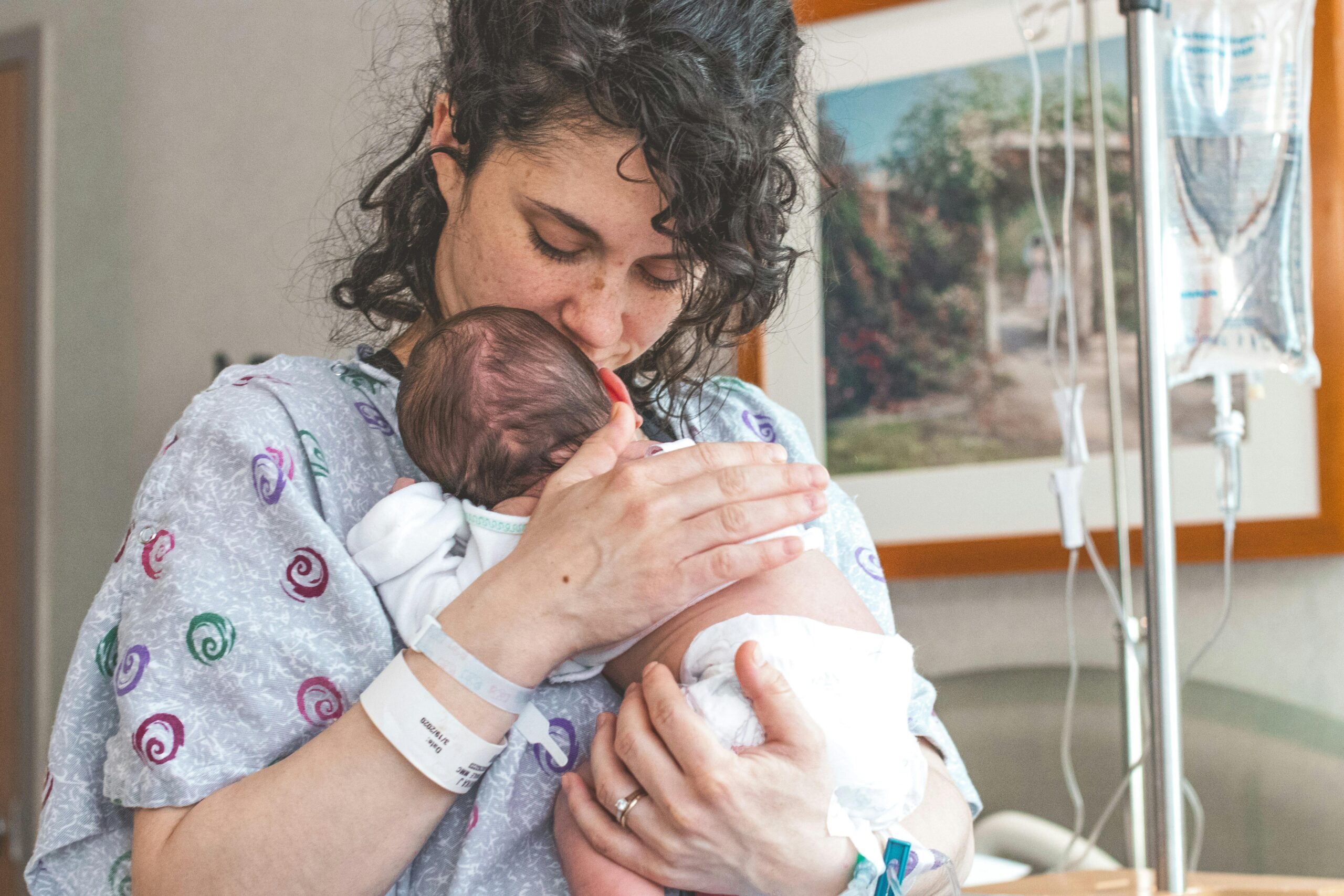
Which supplements should you take in pregnancy? And which to avoid
In this article
What's the lowdown?
There are some supplements essential during pregnancy to provide enough nutrition for you and your little babe
Folic acid and vitamin D are the most important
In some special circumstances, some women need a higher dose of folic acid
Iron is also useful and many women experience anaemia in pregnancy
Vitamin A and omega 3 supplements should be taken with caution during pregnancy as high doses can have adverse effects on the bone health of the baby
Why are pregnancy supplements important?
Well, it’s pretty simple really. You’re growing a baby! Your body needs more nutrients to nourish not just yourself but also your little seed.
The best way to get your minerals and vitamins is a healthy well balanced diet. But sometimes it can be hard to ensure your meals do not fall short of the recommended doses.
There are some key supplements that are more essential than others but we’ll cover that in more detail below, so keep reading!
What supplements should I take in pregnancy?
Folate supplement for pregnancy
Folic acid is one of the most important pregnancy supplements. This is not just for when you get that big fat positive, but also if you are trying to conceive (TTC).
The recommended dose of folic acid is 400 micrograms (400mcg) a day. You should start taking it ideally 3 months before you start trying to get pregnant, even before you come off contraception. And you should continue from TTC up to 12 weeks into the pregnancy. This supplement is extremely important because it reduces the risk of the baby developing neural tube defects such as spina bifida in early pregnancy1.
A neural tube defect describes a condition when the baby’s spinal cord (part of the nervous system) does not fuse properly, leading to a developmental defect.
Depending on your circumstances, you might be advised to take a higher dose of 5 milligrams (5mg) every day. This dose is only available on prescription from a GP.
If you have these conditions below, you should take a higher dose of folic acid2:
- You or your child’s biological father has a neural tube defect
- You had a previous pregnancy that was affected by a neural tube defect
- You or your child’s biological father has a family history of neural tube defect
- You have diabetes
- You have sickle cell anaemia or thalassaemia
- You are on specific anti-epileptic medications
- You are taking antiretroviral medications for HIV
If you have any of these conditions, we recommend speaking to your GP to clarify if you need a higher dose of folic acid which they can prescribe for you1.
Do not worry, if you have had a surprise pregnancy and have not taken folic acid so far. The risk of neural tube defects is still very small, even if you don’t take folic acid, with 2 in 1000 pregnancies affected3. Just make sure to start taking them as soon as you have found out until the 12th week of your pregnancy.
Vitamin D supplement pregnancy
Vitamin D is an essential supplement not just for those who are pregnant and breastfeeding but all individuals living in the UK, due to reduced sunlight exposure between September and March1.
During pregnancy and breastfeeding, 10 micrograms (10mcg) of vitamin D is recommended each day as it helps regulate calcium and phosphate levels in the body. These play a vital role in bone, teeth and muscle health. Usually, we can make vitamin D when we are exposed to sunlight but this is why many people have vitamin D deficiencies during the winter months.
Some foods are naturally contain vitamin D, however, they are limited which makes it difficult to naturally supplement vitamin D1:
- Oily fish like salmon, mackerel and sardines
- Eggs
- Red meat
Some breakfast cereal, fat spreads and non-dairy milks have been fortified with vitamin D, however, the doses can vary and might not contain enough for supplementation.
Make sure you monitor how much vitamin D you take daily as doses higher than 100 micrograms (100mcg) a day can cause harm. In the UK, if you are pregnant or breastfeeding, you can qualify for free vitamin D with the Healthy Start scheme1.
Iron supplement pregnancy
Pregnant women or those who have heavy periods are more prone to suffer from anaemia, which is a condition where there is a lack of red blood cells in the body. Red blood cells contain haemoglobin which is needed to carry oxygen around the body. Iron is needed to help your body make haemoglobin. If you have low iron levels which lead to anaemia, you are less able to carry oxygen around to your organs and tissues. This might make you might feel weak, tired and short of breath4.
Iron supplementation can either be incorporated through a well balanced diet or with supplements.
Foods high in iron1:
- Lean meats
- Leafy vegetables like spinach
- Dried fruit
- Nuts (please do not eat peanuts if you are allergic to them)
Side effects of iron supplements in pregnancy include constipation, stomach upset and dark black stool4. So don’t be too freaked out if your poop starts looking a little different!
What supplement should I avoid in pregnancy?
Vitamin A supplements in pregnancy
The healthy amount of vitamin A in women aged 19 to 64 is 600 micrograms (600mcg) a day for women. Your diet should be sufficient in providing you with an adequate level of vitamin A. Whatever your body does not need right now, it will store for future use5.
There is some medical literature that shows having more than 1500 micrograms (1500mcg) of vitamin A a day might have an adverse effect on your bone in the long run, potentially leading to fractures6.
Eating liver or pâté more than once weekly might result in too much vitamin A. Multivitamins also contain vitamin A, so if you are also eating foods rich in vitamin A, it is best to monitor your daily intake to ensure it does not exceed 1500 micrograms5.
Omega 3 supplements pregnancy
Omega 3 supplements usually contain cod liver oil which is high in vitamin A. It is best to get your doctor’s input before supplementing with omega 35.
Prenatal vitamins
There are multiple prenatal vitamin brands that you can take over the counter. You do not need a fancy or expensive brand, a straightforward pharmacy brand also works. Just make sure to check they contain at least 400 micrograms of folic acid and 10 micrograms of Vitamin D. If you need a 5 milligram dose of folic acid, your doctor will need to prescribe this for you.
Try to take these supplements daily. It can be hard to get into a routine with the big changes happening when you’re trying to conceive or pregnant. Build a routine and try to incorporate healthy habits with gentle exercise and a healthy diet. Avoid things like smoking, alcohol and stress – and remember, be kind to yourself.
Our medical review process
This article has been medically reviewed for factual and up to date information by a Lowdown doctor.






